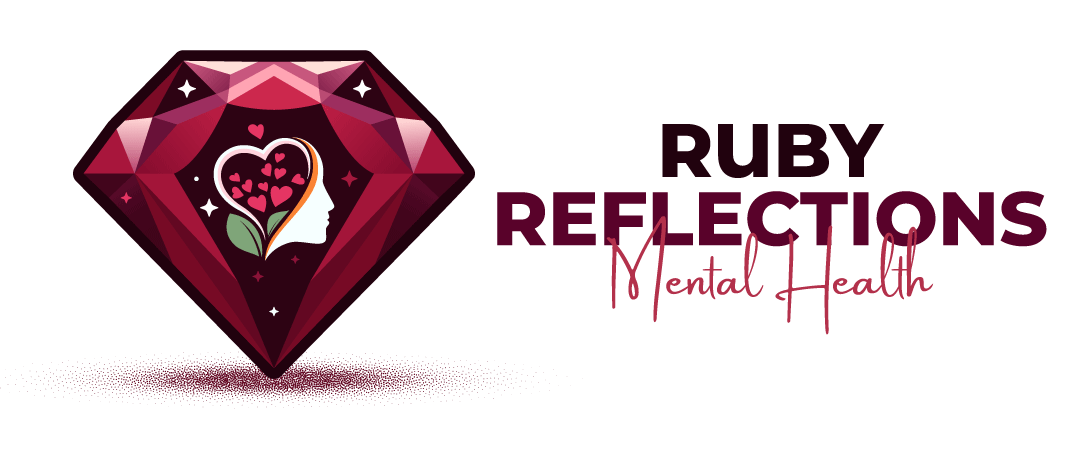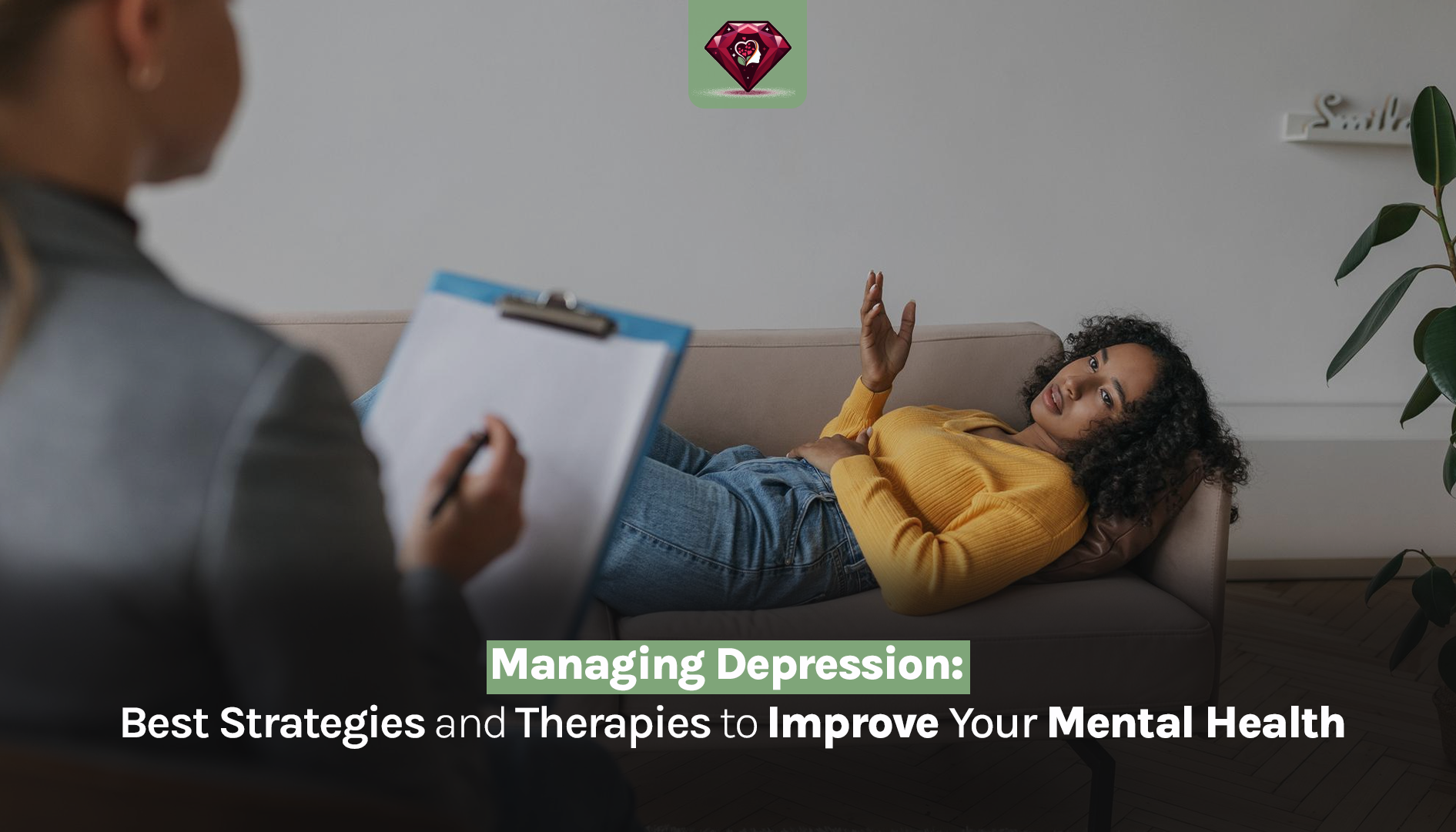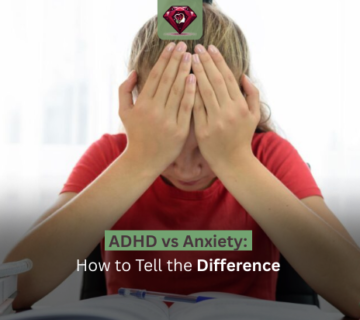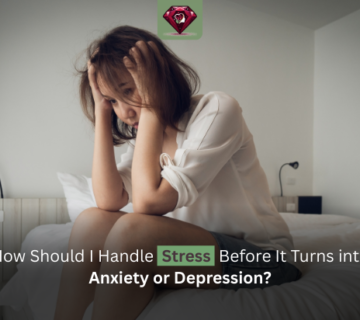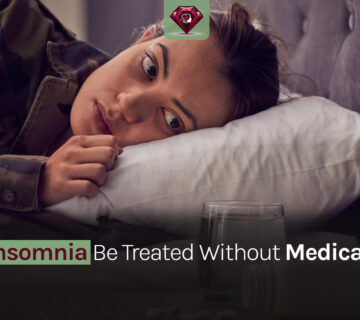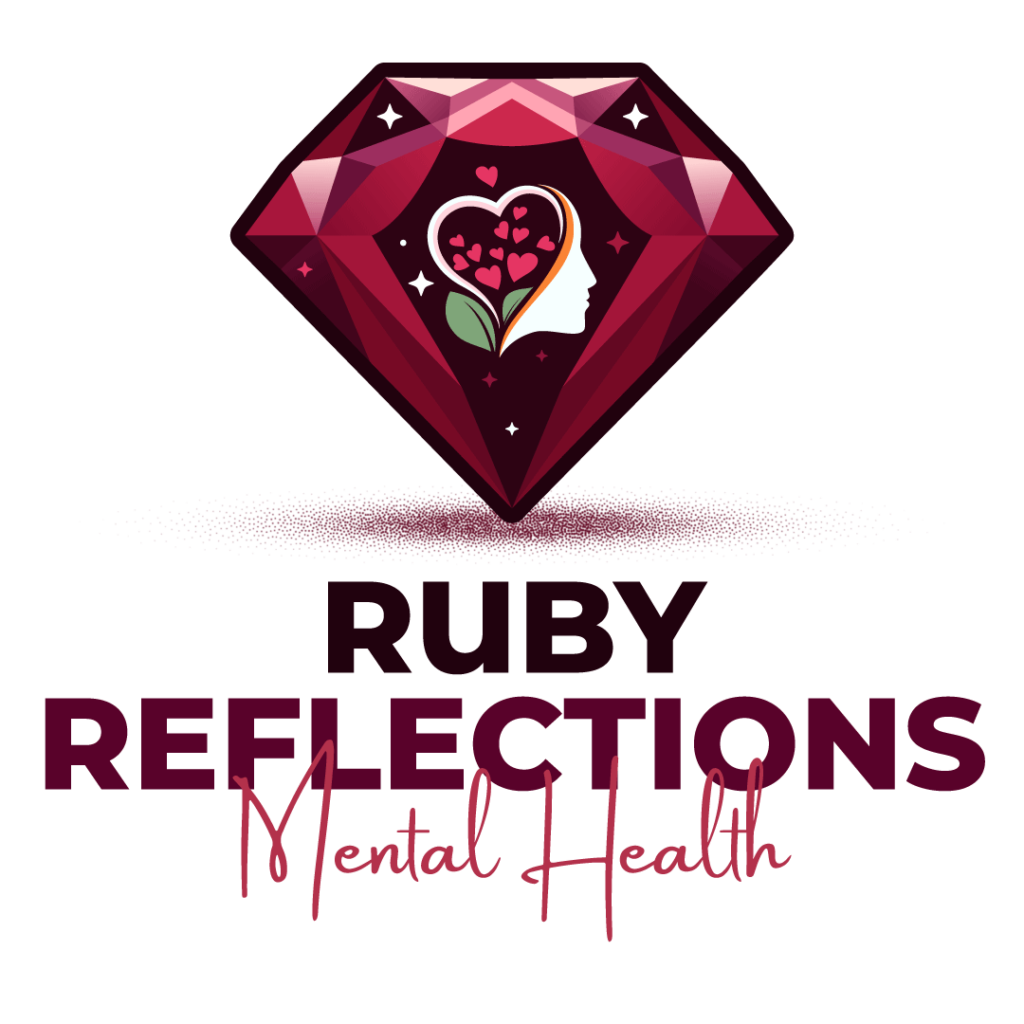Depression is a common and serious mental health condition that affects millions of people worldwide. It goes beyond feelings of sadness or a passing case of the blues; it can impact every aspect of life, from work and relationships to physical health. This blog explores the different forms of depression, their symptoms, and various strategies and therapies that can help manage and alleviate depressive symptoms.
Different Forms of Depression
Depression can manifest in various forms, each with its unique characteristics:
1. Major Depressive Disorder (MDD): Also known as clinical depression, MDD is characterized by persistent feelings of sadness, hopelessness, and a lack of interest in activities once enjoyed. Symptoms must be present for at least two weeks to be diagnosed.
2. Persistent Depressive Disorder (PDD): Also known as dysthymia, PDD is a chronic form of depression where symptoms are less severe but longer-lasting, often persisting for at least two years.
3. Bipolar Disorder: This condition involves mood swings that include emotional highs (mania or hypomania) and lows (depression). Depressive episodes in bipolar disorder can be severe and are similar to those of major depression.
4. Seasonal Affective Disorder (SAD): A type of depression that occurs at certain times of the year, usually in the winter months when there is less natural sunlight.
5. Postpartum Depression: A form of depression that can occur in women after giving birth, characterized by feelings of extreme sadness, anxiety, and exhaustion that may interfere with a new mother’s ability to care for her baby.
6. Premenstrual Dysphoric Disorder (PMDD): A severe form of premenstrual syndrome (PMS) that includes emotional and physical symptoms such as irritability, depression, and anxiety in the weeks leading up to menstruation.
Symptoms of Depression
Depression symptoms can vary widely but often include:
– Persistent sad, anxious, or “empty” mood
– Loss of interest or pleasure in hobbies and activities
– Changes in appetite or weight
– Sleep disturbances (insomnia or oversleeping)
– Physical agitation or slowing down
– Fatigue or loss of energy
– Feelings of worthlessness or excessive guilt
– Difficulty thinking, concentrating, or making decisions
– Thoughts of death or suicide
Strategies and Therapies for Managing Depression
Managing depression often requires a multi-faceted approach tailored to the individual’s needs. Here are some effective strategies and therapies:
1. Psychotherapy:
– Cognitive Behavioral Therapy (CBT): Helps individuals identify and change negative thought patterns and behaviors.
– Interpersonal Therapy (IPT): Focuses on improving personal relationships and resolving interpersonal issues.
– Dialectical Behavior Therapy (DBT): Combines cognitive-behavioral techniques with mindfulness practices.
2. Medications:
– Antidepressants: Selective serotonin reuptake inhibitors (SSRIs), serotonin-norepinephrine reuptake inhibitors (SNRIs), and other types of antidepressants can help balance brain chemicals.
– Mood Stabilizers: Often used for bipolar disorder to control mood swings.
– Antipsychotics: May be prescribed for severe depression or in combination with other medications.
3. Lifestyle Changes:
– Regular Exercise: Physical activity can boost mood by releasing endorphins.
– Healthy Diet: Nutrient-rich foods can improve overall mental health.
– Adequate Sleep: Good sleep hygiene can help regulate mood.
4. Stress Management Techniques:
– Mindfulness and Meditation: Can help reduce stress and improve mood.
– Yoga and Relaxation Exercises: Promote physical and mental well-being.
5. Support Networks:
– Support Groups: Sharing experiences with others can provide emotional support and practical advice.
– Family and Friends: Building a strong support system is crucial for recovery.
6. Alternative Therapies:
– Electroconvulsive Therapy (ECT): May be used for severe depression that doesn’t respond to other treatments.
– Transcranial Magnetic Stimulation (TMS): A non-invasive procedure that uses magnetic fields to stimulate nerve cells in the brain.
– Light Therapy: Particularly effective for seasonal affective disorder, it involves exposure to bright light.
Conclusion
Depression is a complex and multifaceted condition, but it is treatable with the right strategies and therapies. Recognizing the different forms of depression and understanding their symptoms is the first step toward seeking help. If you or someone you know is struggling with depression, it’s important to reach out to a healthcare provider to develop an effective treatment plan. Remember, you don’t have to face depression alone—support is available, and recovery is possible.
